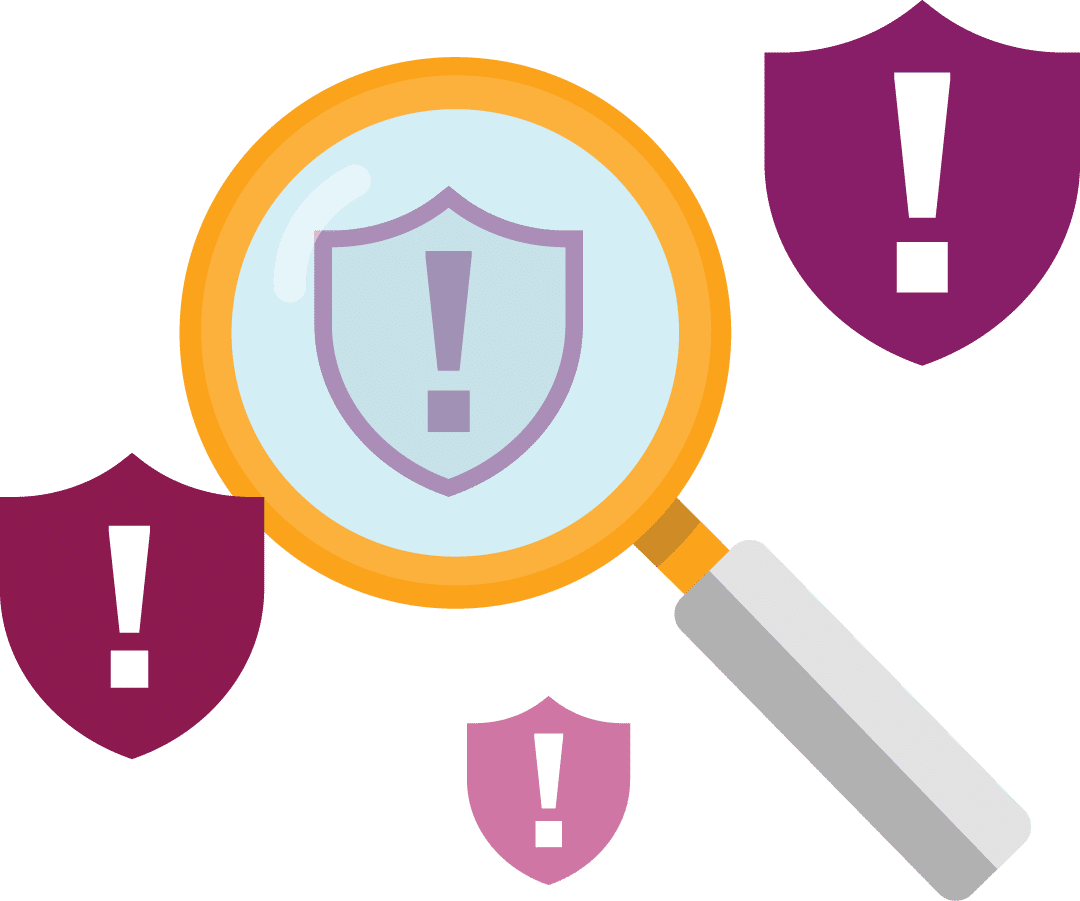Guest Author: Jon Trew, Safeguarding Expert & Trainer
When North Wales Headteacher Neil Foden was arrested and charged with sexual activity with a child everyone was shocked and surprised that a headteacher with such a glittering career could be a serious offender. Until the facts came to light, no single person could have guessed the extent of his abuse. Yet a report by the North Wales Safeguarding Board found there were early warning signs of concerning behaviour along the way that if reported might have alerted safeguarding professionals earlier.
Fortunately, serious abuse of children by education staff is a rare occurrence. However, when it does happen, subsequent investigations often reveal that numerous low-level warning signs may have been ignored and unrecorded.
What are low-level safeguarding concerns?
Low-level concerns are activities and action that do not reach the threshold for immediate action but are none the less concerning. Marcus Erooga a safeguarding expert describes ‘low-level’ concerns as: “any concern – no matter how small […] or a nagging doubt that an adult working with children may have acted in a way that:
- is inconsistent with an organisation’s staff code of conduct, including inappropriate conduct outside of work; and
- does not meet the harm threshold; or is otherwise not serious enough to merit a referral to the LADO.”
Examples of low-level safeguarding concerns could include being over friendly with children, having favourites, taking photographs of children on their personal mobile phone. It could include things like engaging with a child one-to-one in a secluded area or behind a closed doors or using inappropriate, sexualised, intimidating or offensive language.
Instances of this kind of behaviour could be isolated ‘one-off’ incidents that indicate inexperience, lack of training or just poor judgement. The staff member or volunteer might just need greater support and supervision. However, these activities could also be an early warning sign of more serious abuse. Abusers often work their way up the ladder of abuse on a ‘slippery slope’ of boundary violations and code of conduct infringement leading towards actual abuse.
Why is it important to record all low-level concerns?
Studies have shown that child abuse offenders can be categorised into two distinct types:
- Some abusers which have been labelled ‘preferential offenders’ will specifically target children and are extremely devious and tenacious.
- Others are likely to be opportunistic or ‘situational offenders’ who take advantage of an environment where there are few or no restraints and restrictions on their actions.
Offenders in this latter category are often disarmed and diverted by raised levels of scrutiny. Recording low-level concerns may identify patterns of individual behaviour and expose whether a concern is a one-off misjudgement or is part of a series of events.
Monitoring such concerns may help identifying ‘the direction of travel’, allowing safeguarding professionals to ascertain if incidents are becoming more frequent and more serious. Recording low-level concerns may also identify patterns across particular departments or parts of the school which might need a more strategic, whole school approach.
How can schools effectively manage serious allegations about staff?
One of the most notorious cases where a trail of low-level concerns was ignored was that of William Vahey in 2014. Following the recommendations of the review into his abusive activities by Hugh Davies QC, schools in England were advised to adopt a written policy on what became known as ‘low-level concerns’.
Schools should devise a written policy for reporting and recording low-level concerns and ensure that all staff are clear about what appropriate behaviour is, and that they are confident about distinguishing it from problematic or inappropriate behaviour. The policy should include details about record retention and ensure they are kept securely and confidentiality and comply with the DPA 2018 and the UK GDPR.48
Teachers like Foden and Vahey escaped scrutiny because concerns identified by their colleagues never reached the threshold of harm identified in Part 4 of KCSIE – the section relating to allegations of abuse made against teachers and other staff. The criteria for action in this guidance is defined as to have ‘behaved in a way that has harmed a child, or may have harmed a child, possibly committed a criminal offence related to a child; or behaved towards a child in a way that indicates he or she may pose a risk of harm to children, and/or behaved or may have behaved in a way that indicates they may not be suitable to work with children.’
In the case of concerns like these schools are required to inform the Local Authority Designated Officer for Child Protection (LADO) so they can consult children’s social services and the police.
How can safeguarding technology help record and monitor low-level safeguarding concerns?
CPOMS StaffSafe is a platform designed to support schools and safeguarding professionals in effectively and securely recording low-level concerns about staff. StaffSafe provides robust staff chronologies which can allow safeguarding practitioners and leaders to take appropriate action, whether in response to welfare concerns about the individual to the recording of allegations made, schools can track any concerns against as many categories of their choice.
The platform also assists schools in meeting safeguarding compliance requirements relating to safer recruitment by storing the results of checks against each staff member’s record and providing reminders when certification is due for updating. The system is fully user access controlled, ensuring only approved personnel have access to secure information and that the right people are made aware of any concerns recorded.
To learn more about how CPOMS StaffSafe can support your setting in monitoring low-level safeguarding concerns, book a free demo today.




